She adds that “by reimposing sanctions, despite Iran’s compliance with the deal and against the wishes of key US allies that support the agreement, the Trump administration is putting the future of the deal in jeopardy without a realistic plan for how to replace it.”
Following is the full text of interview:
As announced before, US returned all nuclear sanctions against Iran. Do you think that this sanctions is according to US national interest in long term?
Trump’s decision to violate the nuclear deal and reimpose sanctions only isolates Washington, undermines US credibility, and risks damaging the utility of sanctions down the road. It is another serious blow to the Trump administration’s already low credibility on nuclear nonproliferation matters. By reimposing sanctions, despite Iran’s compliance with the deal and against the wishes of key US allies that support the agreement, the Trump administration is putting the future of the deal in jeopardy without a realistic plan for how to replace it. Trump's sanctions-centric approach works when paired with a realistic and credible diplomatic off ramp, and the Trump administration's plan for negotiating a 'better deal' with Iran is neither. So this reckless move to reimpose sanctions only puts US security and nonproliferation goals at risk. That is why it is critical for the US policymakers that support to the JCPOA to continue emphasizing the nonproliferation value of the deal and keep the path open for the United States to return to the deal in the future. Iran may be more willing to continue adhering to the nuclear agreement—even without the anticipated economic benefit—if supporters of the deal in the United States foreshadow a return to US compliance under a different administration.
US exempt 8 countries temporary from importing of Iran’s oil. Do you think these countries can replace another resources instead of oil of Iran?
It is difficult to predict what the oil market will look like in 180 days when states have to apply for waivers again. Clearly, the market could not absorb the complete cut in Iranian oil exports by Nov. 5 that was the Trump administration’s original goal. Undoubtedly, over the next 180 days, the Trump administration will ramp up the pressure on states granted waivers to further reduce oil purchases from Iran. But that time period also offers supporters of the deal time to pursue additional options to preserve legitimate purchases of oil from Iran that are permitted by the JCPOA.
The Head of the US Treasury Steven Mnuchin has announced that Washington wants the world-wide payment network to cut off its services to the entities that were affected by Iran sanctions and warned that otherwise SWIFT might be sanctioned as well. Can US do it?
The Trump administration could target SWIFT as part of its effort to ratchet up pressure on Iran. But pursing SWIFT sanctions could have negative consequences for the United States, and the Trump administration should think carefully about these long-term effects before going down this path. A number of states already view US extraterritorial sanctions as infringing upon their sovereignty and the case of the JCPOA further exacerbates that frustration. This may motivate states to pursue more permanent alternative mechanisms that bypass the US financial system. If the United States wants to preserve the utility of sanctions in the long run, and sanctions are an important tool of statecraft when applied as part of a larger strategy with realistic goals, it should consider how targeting SWIFT may undermine the ability of the United States to successfully employ sanctions in the future.
If Iran cannot export oil and cannot work by SWIFT, what means JCPOA for it? I mean if US can impose their will on these two key issues for Iran, is it rational for Iran stay in JCPOA? What is the EU and Russia and China in this regard?
The remaining parties to the deal – the EU, France, Germany, the United Kingdom, China, and Russia – have repeatedly demonstrated their commitment to implementation of the JCPOA, so long as Tehran continues to abide by the accord, and rightly emphasize the nonproliferation and security benefits of the agreement. These states have also taken actions, such as the Special Purpose Vehicle, to preserve economic benefits envisioned under the deal. While states cannot force companies to do business with Iran and US sanctions have had a negative effect, the steps taken by the EU in particular send a strong political signal of support for the JCPOA. Additionally, while the JCPOA emphasized sanctions lifting, the deal also offers Iran additional benefits that are still preserved, including in the nuclear cooperation projects and the removal of UN restrictions on Iran's nuclear activities. It remains in Iran's best interest to continue to fully implement the JCPOA and work with the P4+1 on options to preserve legitimate trade.
Interview by: Javad Heirannia
MNA/TT


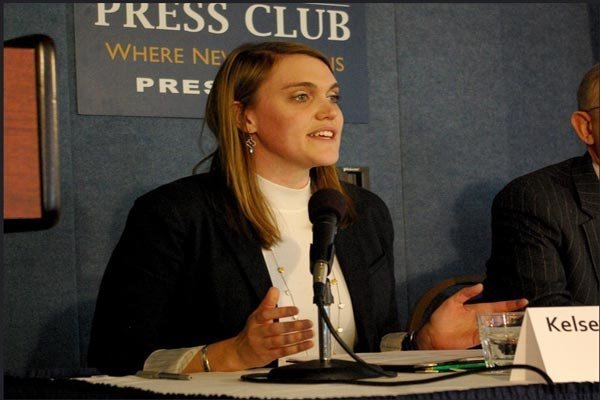
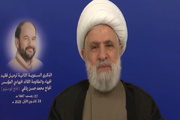

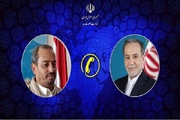
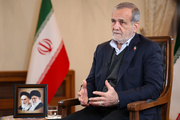
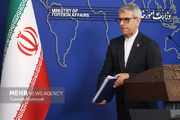



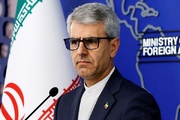
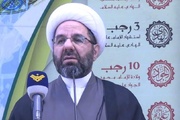





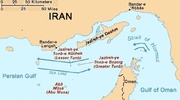







Your Comment